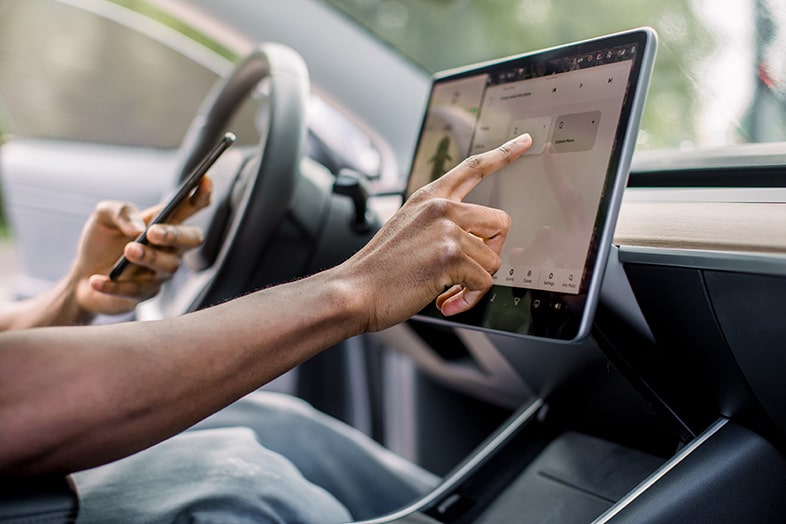
According to the Wisconsin Department of Transportation, the state witnessed 112,516 crashes this year, resulting in 565 deaths and over 40,000 injuries. Of those accidents, nearly 1,200 were pedestrian related which led to 57 deaths and over 1,100 injuries.
Nearly two years ago, Google unveiled what many thought would be the answer to our problems: self-driving cars. But now, many people are wondering if they may cause more problems than solutions.
A majority of the issues, some reports say, will be legal problems. As of right now, a majority of states do not have laws specific to self-driving cars. The biggest issue for lawmakers is: who is responsible if no one is technically driving the car? Though scientists currently working on the car say that the sensors equipped on their prototype can detect not only other vehicles but people as well, they admit that the software lacks natural human intuition that can predict what another person may do in certain situations. Scientists say that self-driving cars also have difficulty with temporary signs as well as snowy conditions.
A teacher from Stanford Law School asks the question: if you put a 15-year-old in the vehicle and press the go button, are you-the person sitting at home-the driver, or is the person in the car? Or perhaps, is it the company that wrote the software?
Questions such as this will be important if this type of technology continues to catch on because as some have already pointed out, there will come a time when the technology will fail, which could end in a fatal car accident. Establishing clear laws regarding liability in these situations will be necessary in the future to ensure that not only are victims' rights being protected but those of the driver as well.
Source: New York Now, "Calif. Green-Lights Self-Driving Cars, But Legal Kings Linger," Eric Risberg, Oct. 3, 2012